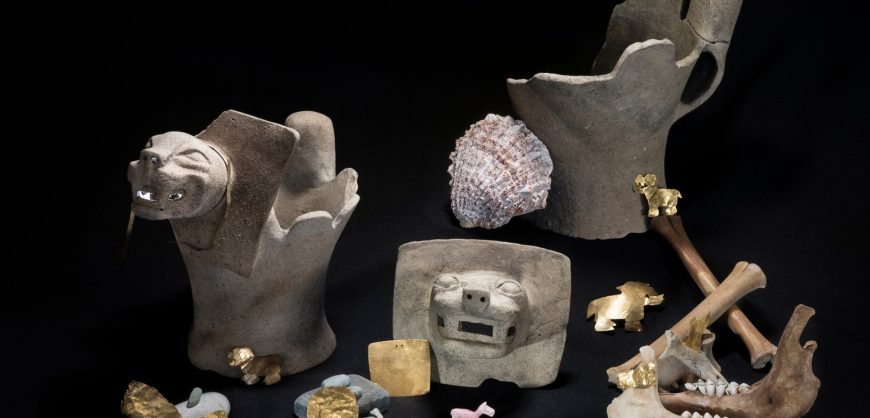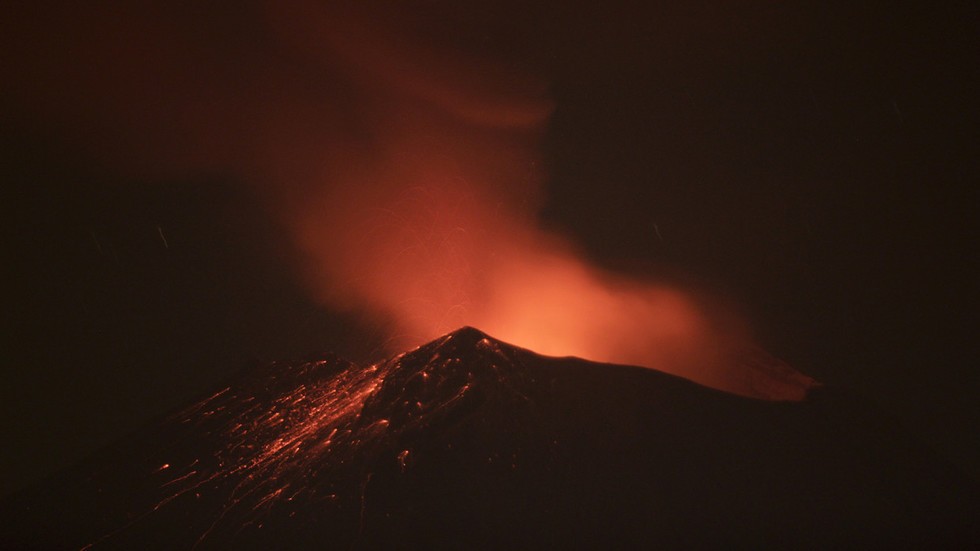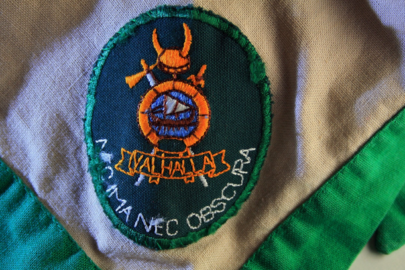An ancient ceremonial site described as exceptional has been discovered in the Andes by marine archaeologists, who recovered ritual offerings and the remains of slaughtered animals from a reef in the middle of Lake Titicaca.
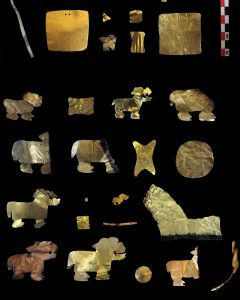
The remarkable haul points to a history of highly charged ceremonies in which the elite of the region’s Tiwanaku state boated out to the reef and sacrificed young llamas, seemingly decorated for death, and made offerings of gold and exquisite stone miniatures to a ray-faced deity, as incense billowed from pottery pumas.
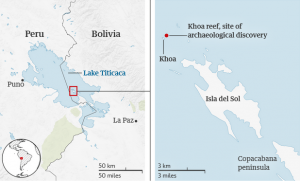
Tiwanaku state arose in the Lake Titicaca basin, around the border of modern Bolivia and Peru, between the 5th and 12th centuries AD, and went on to become one of the largest and most influential in the Andes. Formed by a natural fault that divides the Andes into two mountain ranges, the basin is a unique ecosystem with an “inland sea” set 3,800m above sea level. At the time of the Spanish conquest, the basin was home to an estimated 1 million people.
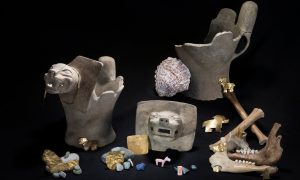
Read more HERE

